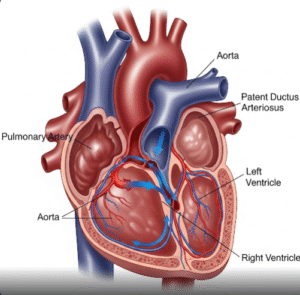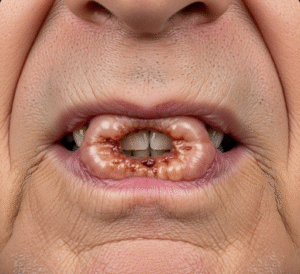Overview
Rumination Syndrome is a chronic condition characterized by the repeated, effortless regurgitation of recently eaten food, which is then rechewed, reswallowed, or spit out. It is often misunderstood and can lead to weight loss, nutritional deficiencies, and social distress. In Korea, gastroenterologists and behavioral therapists work together to diagnose and manage this rare disorder with specialized treatment approaches.
What is Rumination Syndrome?
Rumination Syndrome involves the involuntary contraction of abdominal muscles shortly after eating, causing food to be brought back up into the mouth without nausea or retching. Unlike vomiting, the process is usually painless and voluntary in nature but difficult to control.
Symptoms
- Repeated regurgitation of undigested food within minutes of eating
- Rechewing and either swallowing or spitting out the regurgitated food
- Bad breath and dental problems due to frequent regurgitation
- Weight loss and malnutrition in severe cases
- Social embarrassment and anxiety related to eating
Causes
- Functional gastrointestinal disorder with unclear exact cause
- Often associated with psychological stress, anxiety, or eating disorders
- Possible abnormal muscle coordination in the upper digestive tract
Risk Factors
- History of eating disorders or psychological conditions
- Stressful life events or anxiety disorders
- Neurological or developmental disorders in some cases
Complications
- Malnutrition and weight loss due to reduced food intake
- Dental erosion and oral health issues
- Social isolation and decreased quality of life
- Possible electrolyte imbalances in severe cases
Prevention
- Early diagnosis and intervention to avoid chronic symptoms
- Managing stress and psychological factors contributing to the syndrome
- Behavioral modifications during and after meals
Treatment Options in Korea
Korean gastroenterology and mental health professionals offer multidisciplinary care for rumination syndrome:
- Behavioral Therapy: Techniques such as diaphragmatic breathing and habit reversal to control regurgitation.
- Psychotherapy: Cognitive behavioral therapy (CBT) to address anxiety and underlying psychological issues.
- Nutritional Support: Dietitian guidance to ensure adequate nutrition and manage weight.
- Medications: Occasionally used to treat associated symptoms such as anxiety or gastric motility issues.
- Patient Education: Counseling on eating habits and stress management techniques.













